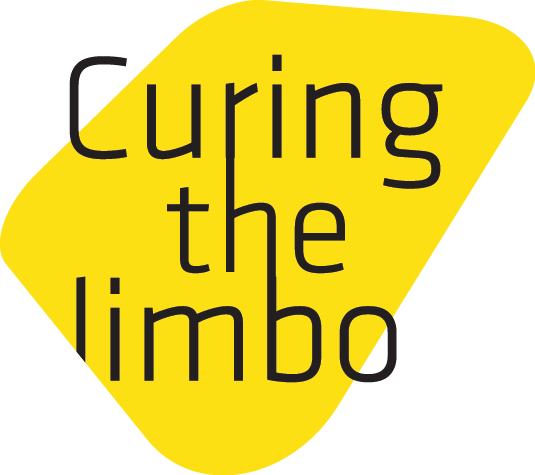The innovation
A pilot program emerges in the neighbourhoods of Athens
Sustainability is of key importance to Urban Innovation Actions funded projects. Through the implementation and evaluation of “Curing the Limbo” pilot initiatives, we aim to introduce a viable model of action, under the UIA pillar "Integration of Migrants and Refugees", thus ensuring the programme’s sustainability in Athens until 2021, which marks the end of “Curing the Limbo”. In this regard, the focus is on refugees themselves, as they are becoming socially active and integrated into city life, which allows them to interact with their neighbourhood, the city, fellow residents, and citizens.
At the same time, the strategic objective of the program is to transform the introduced model of action, under the UIA pillar "Integration of Refugees and Immigrants", into a public policy proposal that would be sustainable in every European city. The City of Athens maintains an organic role as a local government, institutional body that can ensure the continuation of the program. The “Curing the Limbo” initiatives and good practices would thus be transformed into large-scale policy proposals.
The methodology
Research, action, evaluation
The University of Athens implements an action research methodology; planning courses, retraining instructors and participants, and setting a mutual tone of voice among “Curing the Limbo” team members. The action research methodology captures, analyses, and continuously redefines the implementation strategy throughout the duration of the program; ranging from affordable housing and capacity building workshops to the public events held in the neighbourhoods of Athens and the provided employment services –such as job counseling and job search assistance–, each step is planned, implemented, evaluated, and redefined through evidence-based results. The process, thus, becomes more dynamic and adaptable, due to data analysis and the use of tangible results. The programme’s overall philosophy is to propose sustainable solutions that respond to real needs, those of refugees, neighbourhoods, citizens, and cities as entities.


